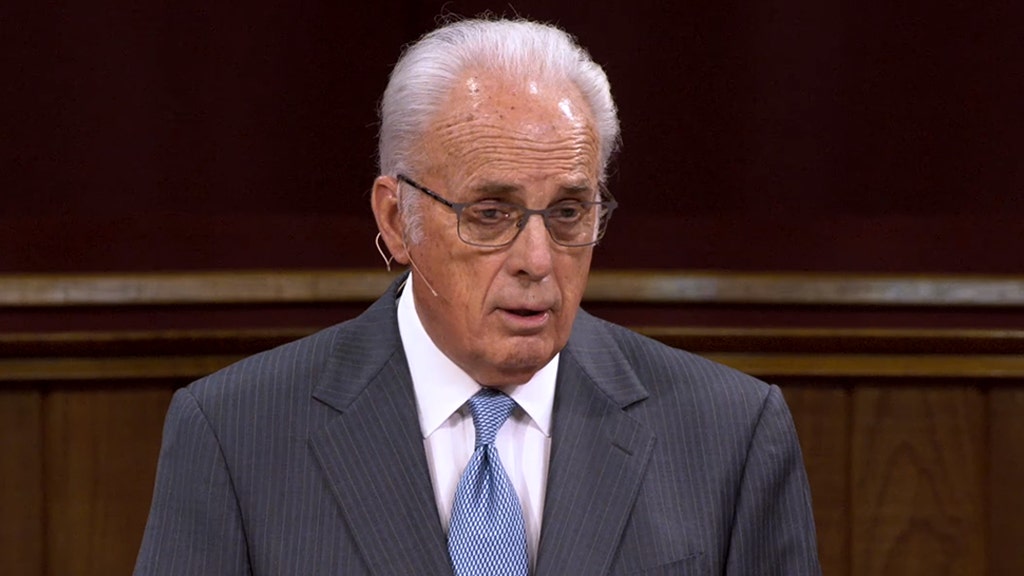As a follow-up to requirements under the 2022 Bipartisan Safer Communities Act that required the Centers for Medicare & Medicaid Services (CMS) to set up a technical assistance center and provide guidance to support the delivery of services to students covered by Medicaid and CHIP in school-based settings, CMS recently added 30 additional questions to its list of frequently asked questions on issues related to school-based health services (SBS). This additional information adds on to CMS’ 2023 guidance and previous FAQs from for local education agencies (LEAs) and state Medicaid agencies that work to provide health services to those enrolled in Medicaid. The new FAQs cover a wide range of topics, such as administrative claiming, billing/funding, provision of Early and Periodic Screening, Diagnosis, and Treatment (EPSDT), managed care programs, and student transportation, among others. Specifically, CMS cleared up some of the confusion surrounding Medicaid reimbursement for preventive services delivered in a school setting. The FAQ clarifies that states are able to assume medical necessity for a population of Medicaid-enrolled students for preventive care, instead of requiring documentation for each individual. Additionally, the FAQ states that children enrolled in Medicaid can receive a “broad range of the EPSDT services … even if the services are not otherwise available under the State Medicaid Plan.”
Under this critical pediatric benefit, states are required to cover preventive health care and provide screenings to all children enrolled in the program. Additionally, states must provide medically necessary services identified to correct or ameliorate any diagnosed health conditions, regardless of whether or not those services are included in the Medicaid state plan. School is a common location for the provision of preventive services, such as immunizations, regular check-ups, mental health assessments and vision, hearing and dental screenings. In many cases, especially for schools in states that have expanded their Medicaid programs, schools may bill Medicaid for such services.
These services are essential to supporting the health and long-term wellbeing of students. For example, as chronic absenteeism is at an all-time high, supporting student’s mental health and reducing barriers to access is key to ensuring student success. A recent study showed that attendance immediately improved for students who visited a school-based health center for any reason, and those that visited for a mental health condition were five times more likely to improve their attendance.
Not only are children still reeling from the educational and health-related consequences of the pandemic, states will be facing major budget pressures over the coming months and years as states grapple with the fall out of the hundreds in billions of cuts to federal Medicaid under the recently passed reconciliation bill. School districts, and many others, will likely have to compete for more limited funds, which could cause reduced access to services for students. As states move into the implementation phase of this new law, state advocates will play an important role in educating stakeholders about the key role of Medicaid and school-based health services as well as documenting and working to try and mitigate the damage created by these cuts.








:max_bytes(150000):strip_icc()/GettyImages-1479623680-87897f0375c44bee8b1279d9607f3f15.jpg)
 English (US) ·
English (US) ·